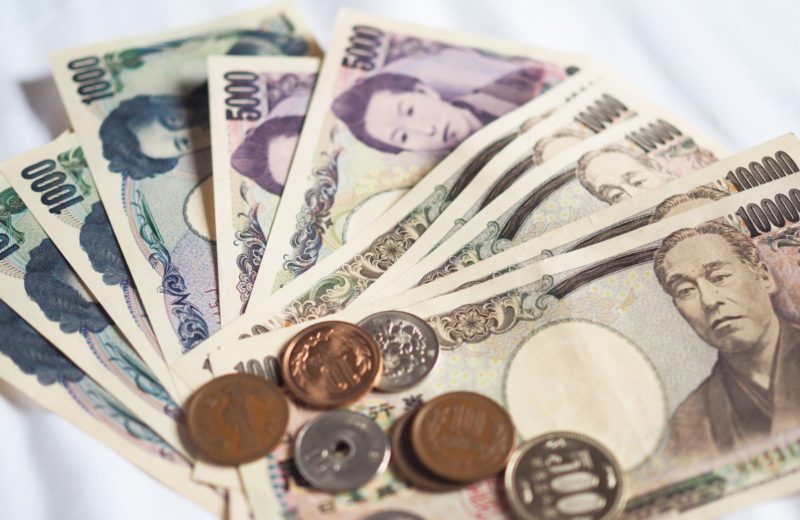Japan’s services sector sentiment improved in June, which is the first hike so far in the last three months. During the latest update, the measure came at 47.6 points last month, adding nearly 10 basis points compared to May results.
The survey accounted for the country’s frontline service providers, including restaurant servers, taxi drivers, and hotel staff, among others.
Analysts noted that the easing of restrictions during the period contributed to the improvement. During that time, the capital city Tokyo and other important prefectures went into quasi-restrictions. It is in anticipation of the incoming Tokyo Olympics, which will kick off on the third week of the month.
In separate data that measures sentiment on the country’s future trajectory, actual results came at 52.4 points. The indicator managed to clock in a nearly 5-point addition, which is the second straight month of growth recorded so far. However, just as when spectators thought that the improvement in sentiment would be the dominant pulse for the year, optimism dissipated.
Earlier on Thursday, Japanese Prime Minister Yoshihide Suga formally announced the placement of Tokyo under a state of emergency.
The capital city rested for a while under a quasi-restriction, allowing for greater mobility and economic activity. It came after the location recorded a steady rise in cases, despite the ongoing vaccinations throughout the nation.
At the time of writing, the government has already managed to distribute more than 50 million doses of Covid-19 shots.
As of late, 15% of the Japanese population had already been fully inoculated. On the other hand, the virus seems to move at a faster rate than vaccinations, maintaining its tight grip on the driver’s seat.
Japan’s Bank Lending Stalls
As the pandemic uncertainty continues to ignite fear among citizens and entities alike, Japan’s bank lending rate stalls.
The indicator rose but at its slowest rate recorded since November 2012. Analysts noted that corporate fund demand has been on a steady fall over the past months. It comes as businesses refrain from making unnecessary loans or spending with no clear trajectory yet in sight.
Meanwhile, total deposits made by Japanese households in financial institutions are on an unprecedented rise. It is because citizens refrain from spending, thereby parking their additional cash in banks, which they could pull in at times of need.
In a more detailed look at the results, major bank lending declined by 1.6% in June. On the other hand, total outstanding loans in the country hiked by 1.4% during the same period.
















